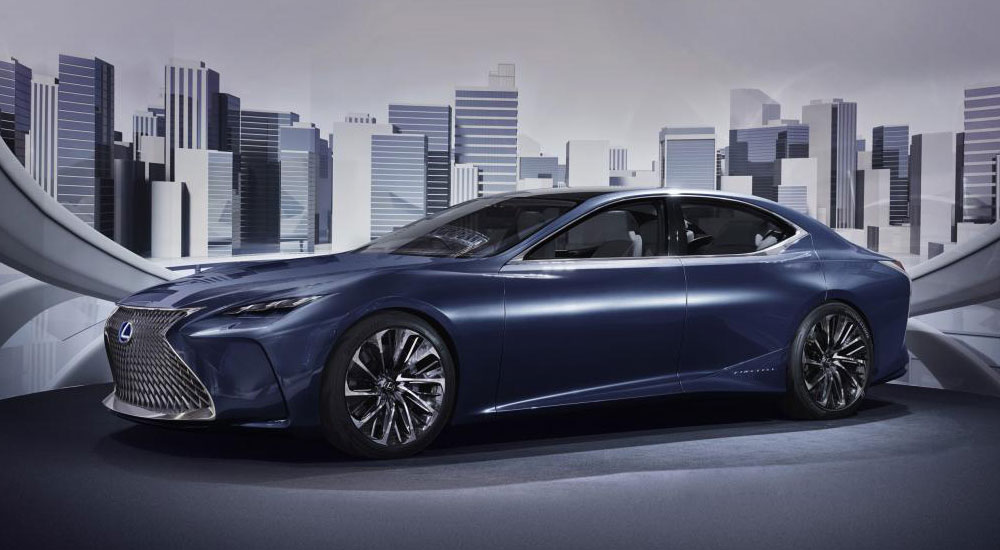Paul Williamsen, Lexus International manager of global strategic communications, explains in a CarAdvice interview why the brand is reluctant to pursue full-electric vehicles:
“The problem with EVs is a simple matter of chemistry – we won’t be able to get the charging times down,” Williamsen explains. “I’ve worked with batteries enough to know that fast-charging a battery is about the second worst thing you can do to it. There are two ways to abuse a battery: overheat it or fast charge it.
“With the Tesla Superchargers, they don’t publicise it, but if you ‘supercharge’ a Tesla, one supercharge takes 20 charge cycles off the end of that battery’s life. Two supercharges takes 40 charges. That’s simple chemistry; you can’t force the ions through the battery that fast without causing damage.”
Instead, Lexus and parent company Toyota are confident that hydrogen-powered vehicles are the true next-generation propulsion technology:
“Our approach is to have the best and most efficient way of using hydrogen, which has to be a hybrid. Not every automaker thinks that way. They can have a zero-emission vehicle by having a hydrogen fuel cell that directly drives the car, or a hydrogen powered ICE, but they’re using twice as much hydrogen as we are.
“We believe a hydrogen fuel cell EV hybrid is the only way to go, so that’s all we build.”
This is not to say that Lexus will never have a full-electric vehicle:
Being a car company, and a very successful one at that, Toyota won’t miss out on selling EVs where they’re in demand, and they might even end up wearing Lexus badges, according to Williamsen.
“It’s not that we’re not working on EVs at all, and I think there is a place for them, just in cities, for some small, luxury vehicles for commuting,” he says.
“Toyota are sponsoring the next Olympics in 2020 in Tokyo, and you can be sure we’ll be making those a zero-emission Olympics. Those cars will probably be all badged Toyotas but that doesn’t mean there won’t be a lot of technology coming out of that that will benefit Lexus as well.”


Comments